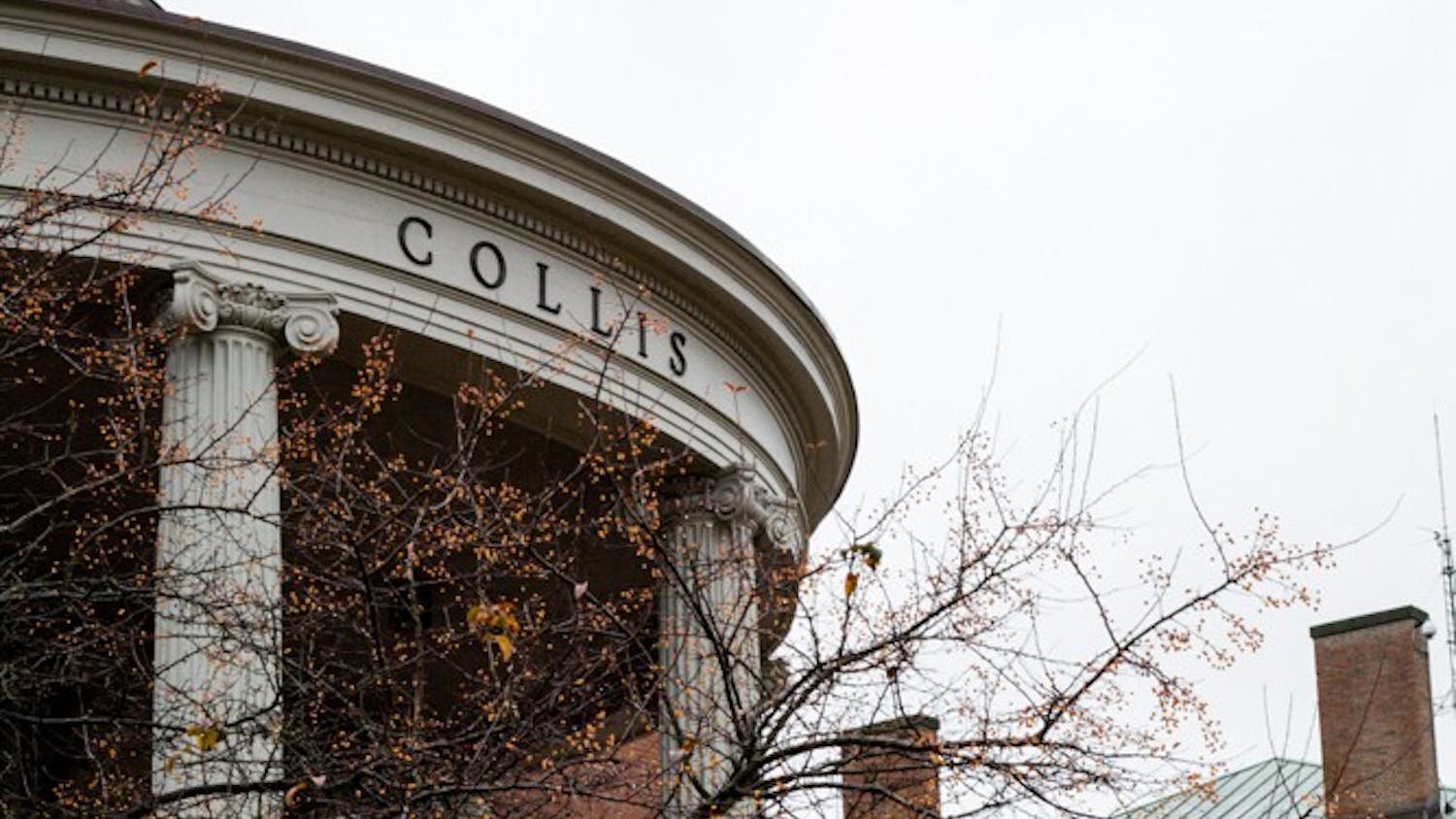The Dartmouth-Hitchcock Medical Center bioethics committee has started the largest revision of its code of professional conduct in DHMC's 19-year history, partly in response to recent controversy over medical schools' authorship policies, according to James Bernat, chairman of the DHMC committee and president of the New Hampshire-Vermont Hospital Ethics Committee Network. The revision will, among a number of changes, require proper disclosure of the authorship of all scholarly writings in order to discourage ghostwriting, a practice by which pharmaceutical companies secretly author journal articles and pay academic researchers to endorse the papers and allow the use of their names for publication.
The DHMC committee's plans come at the same time as a nationwide effort to reduce ambiguity in current ghostwriting regulations in light of a February 2010 study -- "Ghostwriting at Elite Academic Medical Centers in the United States" -- conducted by Jeffrey Lacasse, professor at Arizona State University's School of Social Work, and Jonathan Leo, professor of neuroanatomy at Lincoln Memorial University.
Ghostwriting, which allows pharmaceutical companies to mask promotional advertising as peer-reviewed scientific research, endangers public health and enables the pharmaceutical industry to control and misrepresent medical literature, Lacasse said in an interview with The Dartmouth. Doctors may read ghostwritten articles that promote a certain medication in an apparently unbiased medical journal and subsequently prescribe the drug more often, he said. Because the scientific basis of these studies may be faulty or one-sided, ghostwriting can harm patients, he said.
Of the 50 medical institutions surveyed by the study, only 10 had policies in place to directly ban ghostwriting. Three other institutions had authorship policies that indirectly, but effectively, prevented the practice.
Dartmouth was listed among those institutions lacking explicit ghostwriting policies.
"The very best medical schools in the country have ghostwriting policies or authorship policies that make it impossible to ghostwrite," Lacasse said.
As part of the current update, the DHMC's Code of Conduct and Conflict of Interest will mandate that researchers affiliated with DHMC correctly attribute all scholarly writings, according to Bernat, who is also a Dartmouth Medical school professor of neurology.
Such regulations are necessary to help eliminate ghostwriting's negative implications for the medical community and consumers, Lacasse said.
"These are the same drugs you see on late-night TV for class action lawsuits," Lacasse said. "It's a public health problem."
Medical ghostwriters have been known to receive as much as $15,000 in royalties from pharmaceutical companies, which brings into question the ethical standards of medical faculty and institutions, Lacasse said.
"I don't know if I would find someone credible teaching on medical ethics who had been involved in ghostwriting," Lacasse said. "Students are held to far different [anti-plagiarism] standards than medical school professionals. I don't understand why they don't have [an authorship] policy, and especially why they don't have good policies."
Aside from institutional codes, medical journals also monitor the integrity of scholarly authorship, according to Bernat. Publications such as the New England Journal of Medicine mandate disclosure of contributing authors, forcing authors to "attest to who actually did the writing," Bernat said.
In many publicized cases of ghostwriting, pharmaceutical companies chose to lie about authorship or seek out loopholes in authorship policies, suggesting the importance of investigation on the part of the medical institution, Bernat said.
Although the committee is not aware of any cases of medical ghostwriting by DMS faculty, the DHMC bioethics committee has chosen to develop anti-ghostwriting clauses, Bernat said. The clauses outline the qualifications for authorship and require that all substantial contributors to an "intellectual product," and only those contributors, be listed as authors.
"We weren't really aware of this happening, or happening very often, until some of the recently publicized cases during the past year," Bernat said. "Once we're aware of certain activities, we feel that it's important to include them in the code. The 2010 version, which will be coming out shortly, will address this question."
DHMC's code of professional conduct is updated at least every two years, Bernat said.




